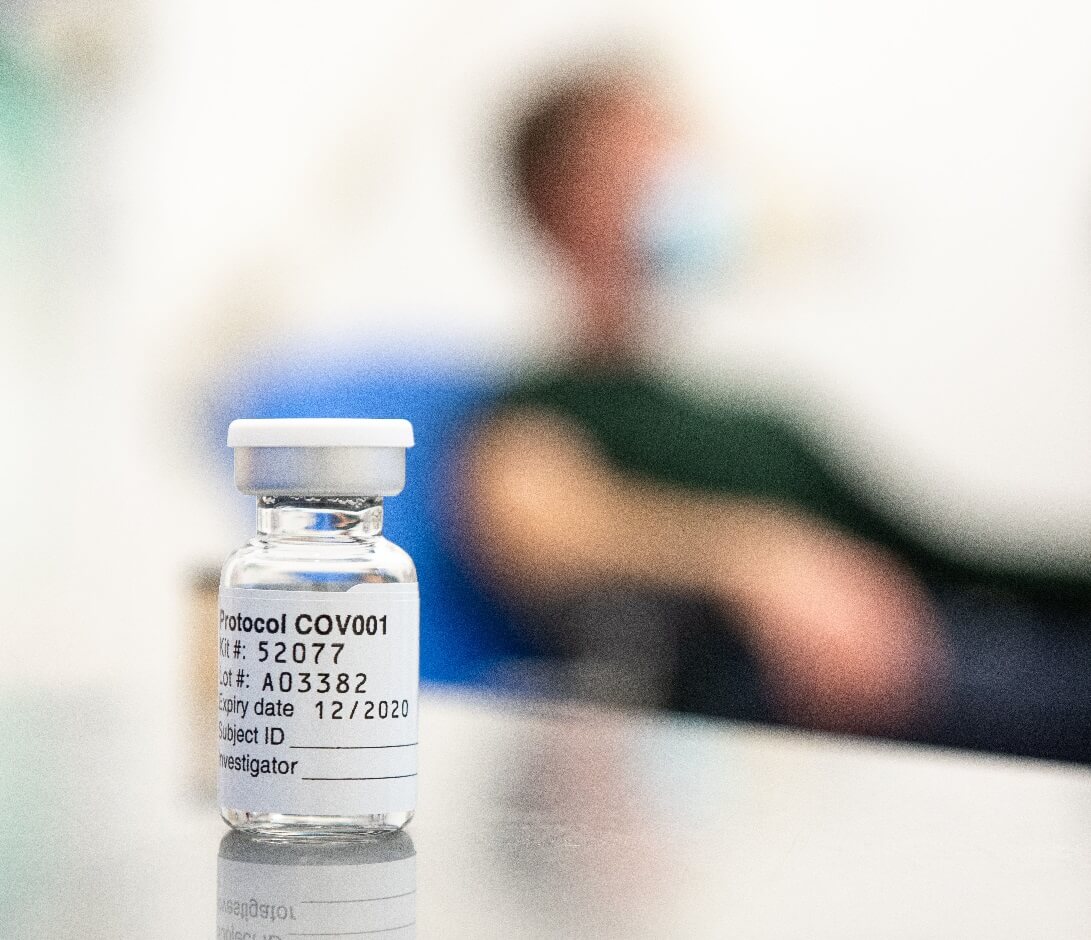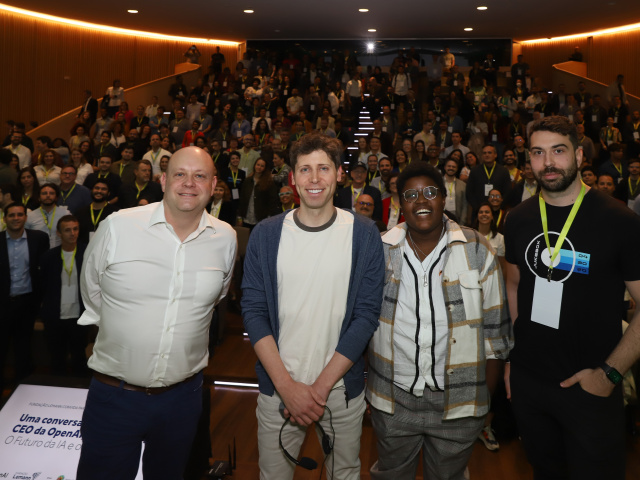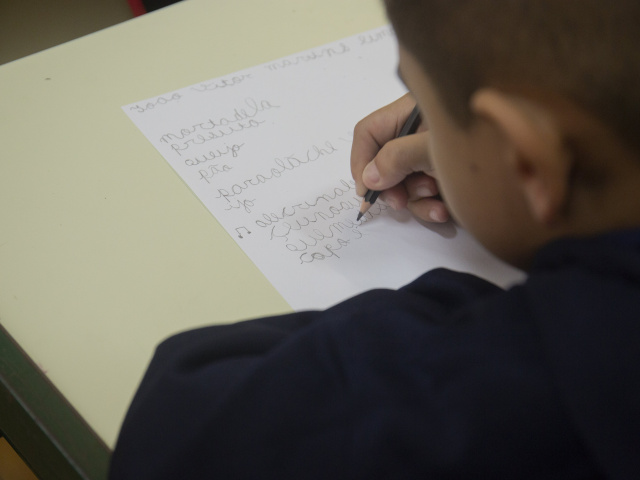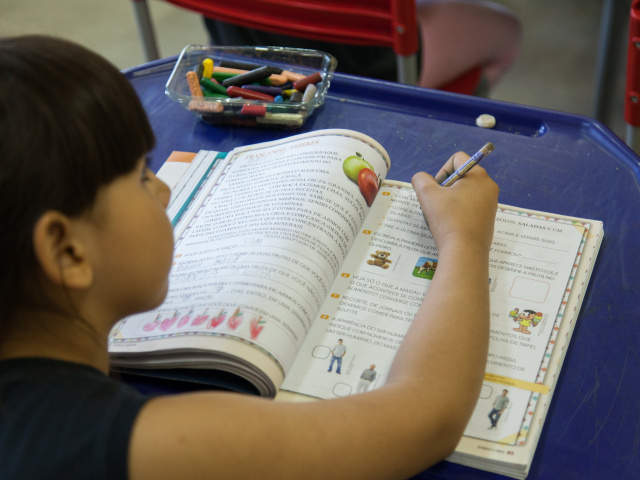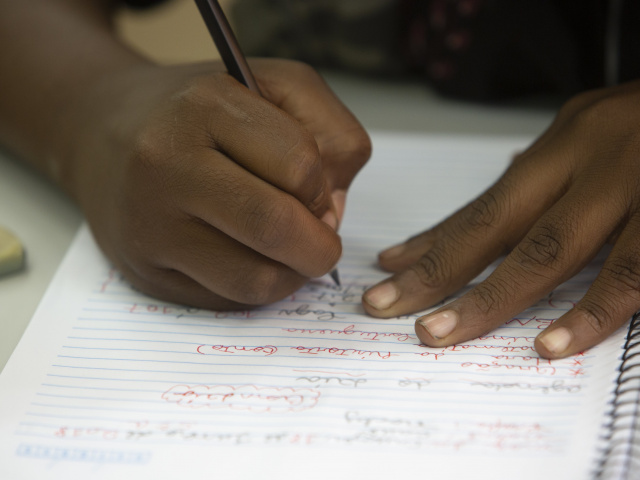The Lemann Foundation is thrilled to announce that the Phase 3 trial results of the coronavirus vaccine developed by Oxford University show it is up to 90% effective.
The 90 percent effectiveness rate was found in one of the dosing regimens analyzed. This result was achieved when a half-dose of the vaccine was applied first and then followed up by a full dose one month later. This pacing regiment was higher than when two full doses were given, which led to a 62 percent effectiveness rate. This is a positive finding, meaning there it will take even less vaccine to be effective, making it accessible to a greater number of people. Research shows the 1.5 dose regimen can also help prevent virus transmission since a reduction in asymptomatic infections was observed.
The highly effective and relatively cheap Oxford vaccine (technical name ChAdOx1 nCoV-19), which had its very first trial in Brazil funded by The Lemann Foundation, can be easily stored in the most common type of public health systems worldwide. It only needs to be stored at regular refrigerator temperatures of 36-46°F, as opposed to freezer temperatures required by some other vaccines.
The Brazilian government has already secured the purchase of the 100 million first doses. At an estimated $3 cost per dose, the vaccine is truly affordable, which will allow it to be distributed widely across Brazil. The cost is contained because the vaccine was developed by Lemann's partner Oxford University in partnership with drugmaker AstraZeneca, which signed a non-profit pledge for as long as the pandemic lasts.
Today's announcement comes after vaccine trials of 24,000 people across the United Kingdom, Brazil, and South Africa. There were no hospitalizations or severe COVID cases among those who received the vaccine. The trials held in Brazil also counted on the crucial funding of Rede D'Or, Fundação Brava, and Fundação Telles.
"We are thrilled right now. First, we would like to thank all the volunteers, especially the 10,000 brave and generous Brazilians in five different states,” says Denis Mizne, CEO of the Lemann Foundation. “It is proof of how much the collaboration between different sectors—government, private sector, universities, and foundations— can achieve. “We were able to work collaboratively in a fast and efficient manner towards a humanitarian global goal. This quick coordination and knowledge sharing is now a great legacy for Brazil," Mize said.
